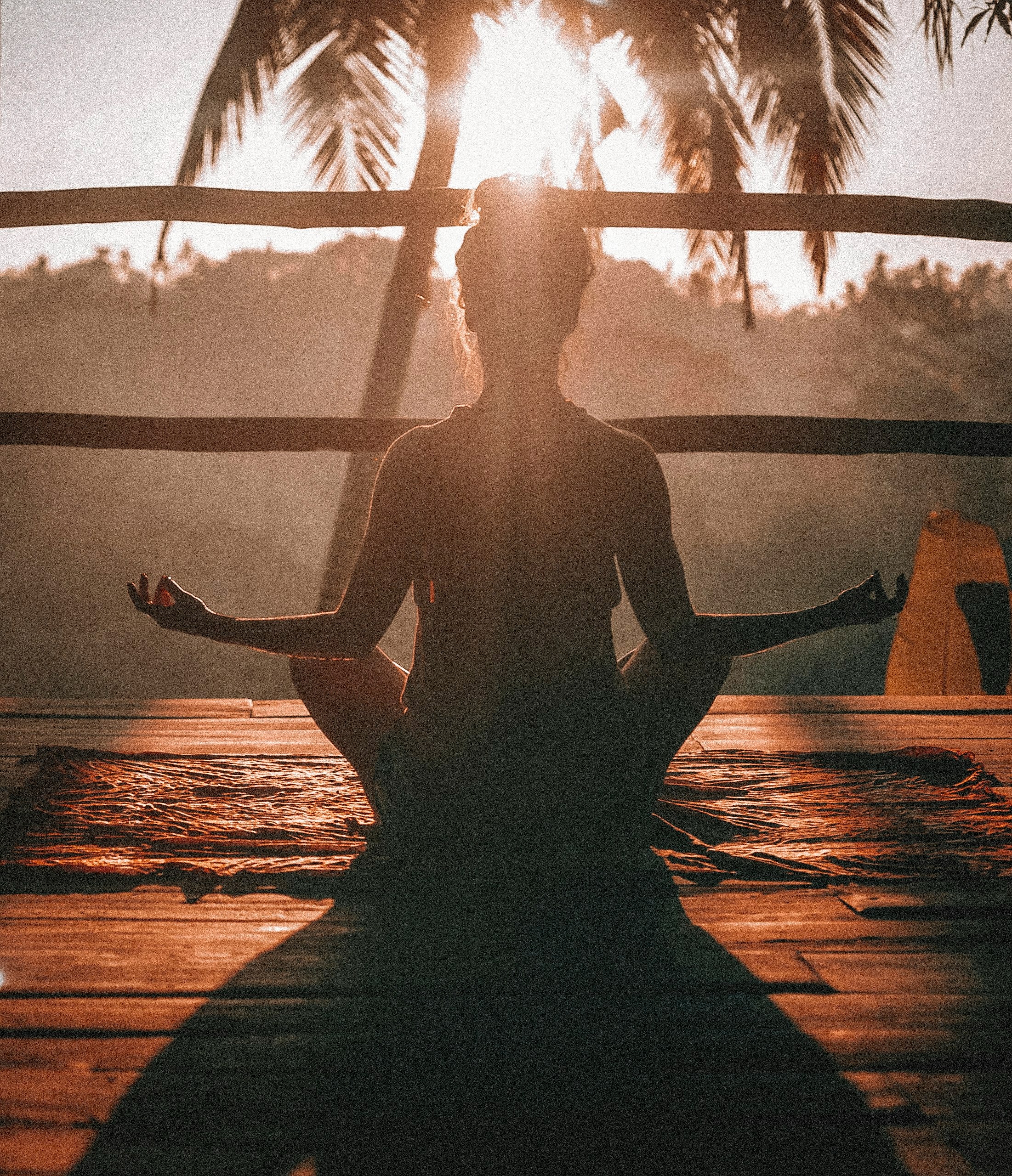Being Healthy:-
Being healthy is more than just not being sick; it’s a state of whole physical, mental, and social well-being this is being healthy.

13 Fatigue-fighting Hacks to Supercharge your Mornings
Learn these scientifically proven methods to increase your energy levels in the morning, even if you don’t get enough sleep.
Everybody has had mornings when, despite technically having enough sleep, they still feel lethargic. On days when you’re exhausted, you might drink a lot of coffee to try to get your energy back.
However, consuming too much coffee might make you jittery and nervous, as well as constantly need to use the restroom. You are not alone if you are experiencing any of these very common problems.
Maybe there’s a better approach to overcome morning lethargy and have the energy you need to go about your day. Think about the following techniques if you have trouble waking up.
1. Don’t hit snooze- at all
Your alarm clock’s button might not be as useful as you think.
Your capacity to operate during the day is negatively impacted if you spend the final 30 minutes of your nightly sleep in what scientists refer to as “fragmented sleep.”
Research has not even validated the well-known 90-minute sleep cycle trick that involves setting two alarms 90 minutes apart in an attempt to have a fuller sleep cycle between the dings.
The best course of action is to wake up the moment the alarm goes off for the first time.
2. Drink a glass of water first thing
One of the most common signs of dehydration is fatigue. Mood disturbances and cognitive impairment are also associated with the disorder (Trusted Source). Before you move, allow a glass of water to cleanse your entire body.
Advice: Try increasing your consumption of water and other non-caffeinated drinks during the day if you’re still experiencing morning sluggishness. Dehydration can be avoided by increasing your water intake, which will keep you alert.
3. Stretch out your tired body with yoga
Stretching as soon as you wake u
p feels so fantastic for a reason. Your muscles are actually paralyzed while you’re in REM sleep at night. We call this atonia.
Stretching and waking up improve circulation, which gives your muscles and brain more oxygen and nutrients.
Advice: Make time for morning yoga if you can. In addition to these advantages, it can increase energy levels, enhance brain function, and cause the release of endorphins.
4. Splash your face with water
Taking cold showers may help cut down on sick days at work, per a 2016 study (Trusted Source). Additionally, a 2025 review Trusted Source of research on cold water immersion therapy reported advantages like reduced stress and inflammation, as well as enhanced quality of life and sleep.
There aren’t any more recent studies on cold showers in particular, though, and the authors of the latter review pointed to drawbacks like small sample sizes and a lack of diverse participant demographics.
Even so, it could be beneficial to take a cold shower or even just splash some cold water on your face to indicate a shift in body temperature.
Advice: Is the biggest issue getting out of bed? You can lean over and spritz yourself without opening your eyes if you keep a spray bottle or water mist beside your bedside table.
5. Eat breakfast to spark your energy
Whether breakfast is the most significant meal of the day is still up for debate. However, studies have shown that missing this first meal might have a detrimental impact on your energy levels and attention span throughout the day.
Fuel is food. At the beginning of the day, provide your body with calories to help it function.
Make a breakfast that will help you fight off weariness. Making the correct breakfast option is essential for your morning because it might impact your mood for hours. Choose a variety of foods that will help you fight off weariness, such as whole grains, nuts, lean meats, and fruits with less sugar.
6. Limit addad sugars at breakfast
Consider the foods you choose to consume in the morning because not all breakfasts are made equal. Sweetened coffee drinks, pastries, and breakfast cereals are examples of sugary foods that might cause the traditional blood sugar surge and fall that leaves you feeling exhausted.
Advice: Read nutrition labels to find out how much added sugar is in your breakfast and reduce it wherever you can. Store whole foods for quick access, such as oranges, carrots, and apples.
7. Drink less coffee
Yes, less coffee, but not none at all. Even while coffee has many health advantages, drinking a lot of it in the morning may unintentionally make you feel more exhausted later in the day. This can happen because of the adenosine rebound effect, changes in blood sugar and hormone levels, and dehydration.
Key Terms
When the effects of caffeine wear off, a wave of exhaustion, mental haze, and drowsiness is known as an adenosine rebound. Coffee causes adenosine, a neurotransmitter that promotes drowsiness, to accumulate in your brain. Adenosine receptors are a class of protein in your brain that caffeine inhibits from binding to adenosine.
This stored adenosine attaches to its receptors all at once after the caffeine is gone, producing a potent rebound effect.
You might really feel less exhausted if you try consuming less caffeine in the morning.
Steer clear of the large mugs. To help cut down on how much you drink, buy a smaller cup if you must.
8. Go outside to activate your barin
Serotonin levels in your body are raised by sunlight, which promotes better sleep and more energy during the day. According to a 2023 study (Trusted Source), regular morning light exposure enhances sleep quality and reduces morning drowsiness.
Sounds like a very good reason to carve out a portion of your morning in the great outdoors.
Tip: If going outside is a chore in the early morning, adjust your curtain so that the sunlight seeps in when you’re getting ready to wake up.
9. Get some cardio in, throughout the morning
Exercise may sound quite unpleasant when you want to go back to sleep, but it can be just what your body needs to help get going again. Aerobic exercise is regularly linked to less weariness, according to research.
Another study from 2021 High-intensity exercise after waking up can increase alertness, but it has no effect on cognitive function, according to a reliable source.
For added benefits, consider a longer workout or see if you can fit in a brief bike ride or stroll.
Advice: If you’re short on time, try doing some jumping jacks and high knees to get your body moving. A quick cardio workout on your way to work or even 30 seconds of torso twists might help.
10. Address your stress
Could it be that difficulties at home or unfavorable thoughts about your work are depleting your morning energy?
Even while you might not be able to solve every problem right away, you can usually take some steps to lessen it once you’ve recognized it as a cause of your physical and emotional weariness.
Tip: Make school lunches the night before to streamline hectic mornings at home, or schedule morning meditations to help you relax before the day starts.


Leave a Reply